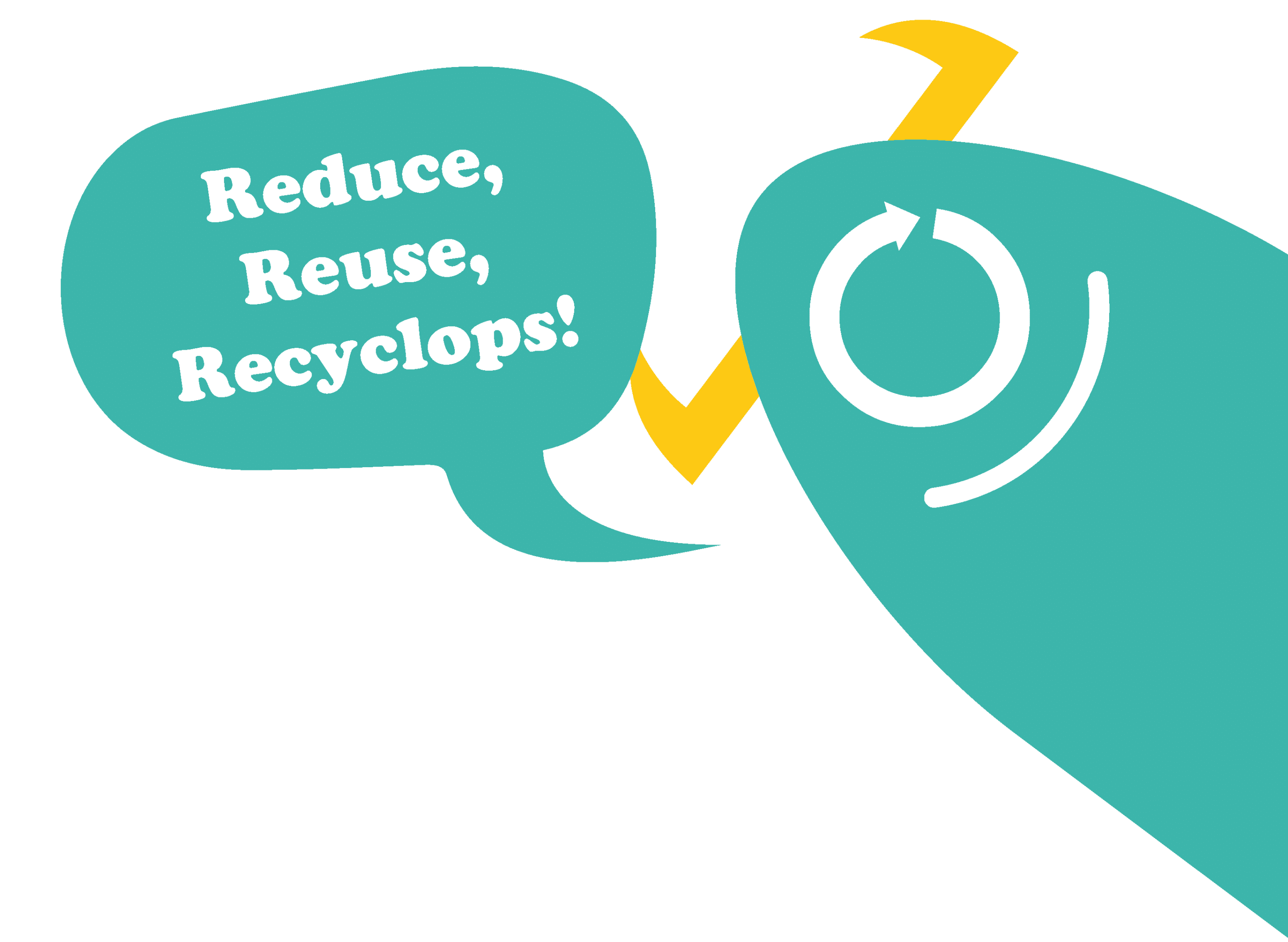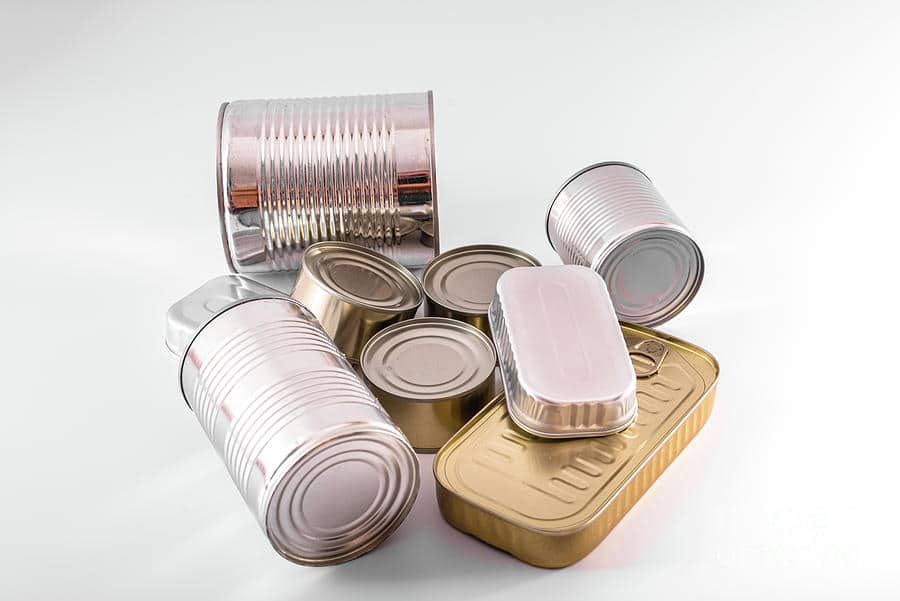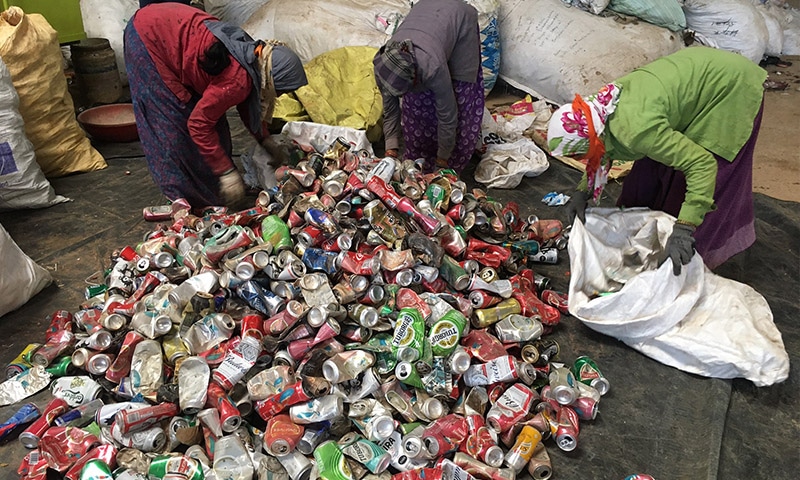Are You Recycling Your Metal Cans the Right Way? Here’s What to Do:
All cans are recyclable, but make sure you’re doing it correctly. Here are the do’s and don’ts.
One small thing you can do to help the planet is to start keeping track of how many cans you go through weekly. From canned food to soda and aerosol cans, all metal cans — including aluminum and steel — are infinitely recyclable. According to the American and Iron Steel Institute, more than 90% of the co-products from the steelmaking process are reused or recycled. That’s the good news. But if you’re not recycling the right way, you risk contaminating an entire batch of recyclable materials.
Since metals are nonrenewable natural resources (they can’t be replaced as quickly as they’re used), they’re limited in supply, which is why it’s important to recycle your cans. What’s more, metals can be recycled over and over without the material losing quality. It’s worth contacting your local recycling center to learn the best procedures for recycling metal cans. Some may ask that you bring the cans directly to the recycling center, rather than placing them in your recycling bin. To find your local recycling facility, see your locations page.
What types of metal cans are recyclable?
All metal cans are recyclable, but examples include:
- Beverage cans, like soda and beer, including the tabs
- Paint cans (No dried paint but clean paint cans are recyclable)
- Canned goods
- Aerosol cans
Cleaning metal cans
Don’t do this: Toss cans into the recycling bin before cleaning. If foods or liquids are left in the cans, they can contaminate an entire batch of recyclables.
Do this instead: Make sure all cans are clear of liquids or foods that could be left in the container. You can do this by rinsing the can when you’re finished with it.
Also, ask your local recycling center to see if you need to remove the paper labels from the can or if it’s part of their process.
What to do with the lids
Canned goods: Don’t remove the lid only halfway before placing it into the recycling bin. Instead, completely remove the lid from the can and place it inside the can (after rinsing, of course).
Aerosol cans: Lids on aerosol cans are typically plastic, so you should remove those before putting the cans into the bin. The plastic lids should go with other plastic recyclables.
What else should I do?
- Avoid puncturing aerosol cans to remove the remaining liquid.
- Make sure all paint is either dry or completely rinsed out before recycling. If you have leftover paint or other hazardous waste, take it to a drop-off center near you.
- Don’t crush aluminum cans before recycling because they can contaminate the batch.
**Reminder: Scrap metal differs from can recycling and should not be mixed in with your aluminum and/or cans.
Recycling Aluminum in India (A different Perspective)
In the western world recycling is sometimes made to feel like a chore or an additional element to our everyday lives. But in places like India, recycling is a livelihood for many people as a means to make money for their families. Scrap aluminum and cans are constantly being collected by residents around Mumbai, India and taken to small recycling plants that operate on basic technology and in poor conditions. Many of these plants are located in the slum town of Dharavi.
In Dharavi, aluminum recycling involves three important steps. First, aluminum products that have been used and thrown away, especially old soda and beer cans, are collected. Second, the cans are soaked in acid, so the designs and brand names are removed. Third, the cans are crushed and melted in a furnace
Once the cans have completely melted, the molten mixture is poured into molds, where it cools into solid aluminum bars called ingots. These bars are then transferred to another factory in Dharavi. There, they are melted again, and a special machine turns the liquid metal into blocks that are later used to make new aluminum items.
In the United States, recycling feels like a good habit that some of us try to adopt. In India, it is a lifeline for people struggling to survive. There, aluminum recycling has helped transform local economies, which serves to remind us that recycling not only can improve the environment but can change lives as well.
Learn More about recycling in India
Ready to start recycling?





